Black History, Politics
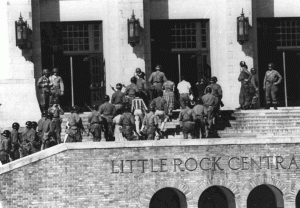
Desegregation at Little Rock: Little Rock Central High School. February 14. 1969
On October 29, 1969, the Supreme Court ruled that school districts must end segregation “now and hereafter.� With this unambiguous language, the Court, which now had Thurgood Marshall as a member, left no room for doubt or delay.Alexander v. Holmes County Board of Education is an important (and, today, curiously underrated) Supreme Court decision from 1969. It mandated immediate action in the segregation of public school facilities.
The Court was responding to a legal challenge from diehard anti-integrationists, who had learned—from civil rights proponents, no doubt—that the legal system could be used to support social objectives. The anti-integrationists, however, received a major defeat when the Court ruled unanimously that Mississippi (and, by extension, the nation) was obliged to integrate public schools “at once.â€� (more…)
Black History, Firsts, Law
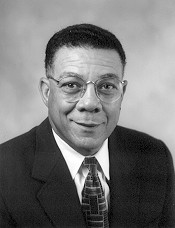
Reuben V. Anderson
Reuben V. Anderson was the 1st Black appointed to Mississippi Supreme Court.
African American civil rights lawyer, Anderson attended Tougaloo College and graduated from Ole Miss law school in 1967. Upon his graduation, he began working as the Mississippi associate counsel with the NAACP Legal Defense and Educational Fund Inc. until 1975. From 1981 to 1985, he served as judge in Hinds County Circuit Court.
Next, he was appointed to the Mississippi Supreme Court, a position he held until 1991.
Black History, Religion
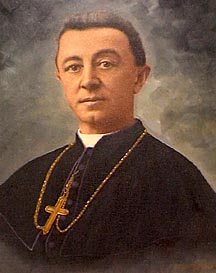
James Augustine Healy the first black bishop ordained in the U.S.
James Augustine Healy, was appointed February 12, 1875, and consecrated as Bishop of Portland (Maine) at the Cathedral of the Immaculate Conception (see Cathedral) on June 2, 1875. James Augustine Healy became the first black bishop ordained in the United States. He was the son of an Irish immigrant, Michael Healy, who became a prosperous plantation-owner in Georgia, and a mulatto woman who was actually a slave.
James was educated in northern schools and later attended the newly established Holy Cross College. There he made his decision to enter the priesthood. He furthered his studies in Montreal and Paris where he was ordained in 1854 at the Cathedral of Notre Dame. After ordination Father Healy was assigned to Bishop John Fitzpatrick’s Boston Diocese. He remained there serving first at the House of the Angel Guardian, then as Chancellor of the Diocese and finally as pastor of St. James Church. When his appointment came as the second Bishop of Portland, he was forty-five years old. (more…)
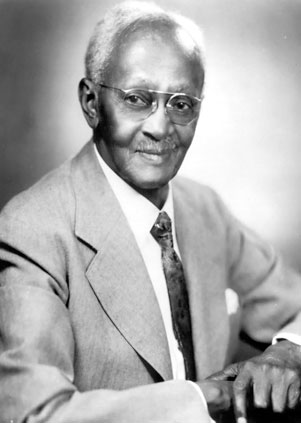
Black History, Business, Education

Richard Robert Wright, Sr.
Despite being born a slave on May 16, 1855, Major Richard Robert Wright, Sr. was a post-reconstruction pioneer and trailblazer, who made remarkable contributions in education, banking, politics, publishing, journalism, real estate, and civic affairs. Among his many accomplishments, he founded a high school, a college, and a bank; and owned several newspapers.
He also founded the National Freedom Day Association, and worked toward establishing a national day to commemorate freedom for all people.
On February 1, 1941, Major Wright invited national and local leaders to meet in Philadelphia to formulate plans to set aside February 1st each year to memorialize the signing of the 13th Amendment to the Constitution by President Lincoln on February 1, 1865. One year after Wright’s death in 1947, a bill passed both U.S. Houses of Congress, making February 1st National Freedom Day, and was signed into law on June 30, 1948. (more…)
Black History, Firsts, Politics
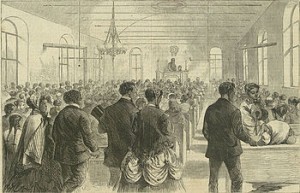
National Colored Convention in 1869v
The Colored National Labor Union arrived shortly after the development of the National Labor Union, which happened to be the first major organization founded by Andrew Cameron in 1866. The National Labor Union was dedicated with helping unions such as construction and other skilled groups and even sometimes towards farmers.
At this point in time African Americans were struggling to be noticed and taken seriously in the work field and in society they felt that if they started their own national union it would help their position in society because they were not given any help from the National Labor Union. The only thing that the National Union offered to African Americans was to encourage them to organize and separate that could be affiliated with the National Labor Union, but this plan was clearly not designed to help with racial unity because it left black workers only fighting for an entry into the union.
(more…)




